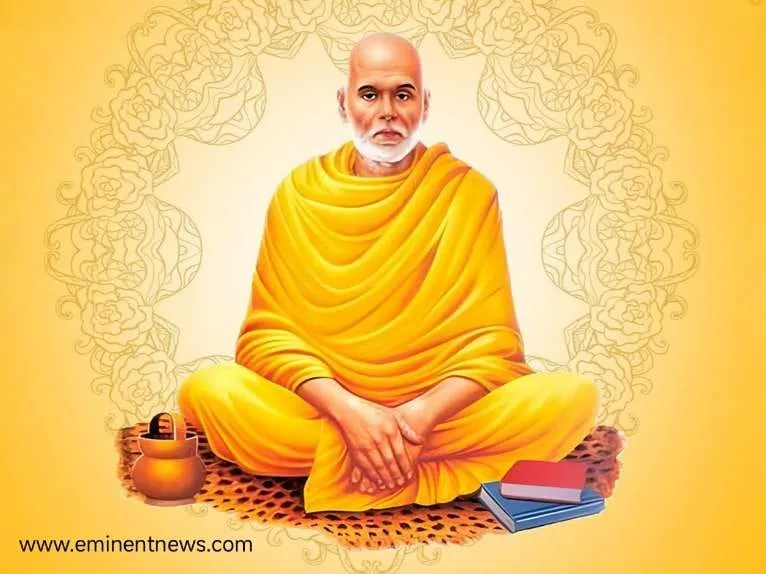The three-language formula within India’s National Education Policy (NEP) 2020 has become a topic of debate, particularly due to Tamil Nadu’s opposition .
Key Points of the Three-Language Formula:
- NEP 2020 Aims to promote multilingualism while respecting constitutional provisions and promoting national unity .
- The policy provides flexibility, stating that no language will be imposed on any state .
- Students can choose the three languages they want to learn, as long as two of the three are native to India .
- The policy emphasizes that learning in the native language improves comprehension, preserves cultural heritage and enhances academic performance .
- NEP 2020 encourages offering foreign languages such as Korean, Japanese, Thai, French, German, Spanish, Portuguese, and Russian at the secondary level .
Historical Context:
- The three-language formula was initially proposed by the Education Commission (1964-66) and adopted in the National Policy on Education (NPE) in 1968 .
- The NPE of 1968 stated that Hindi-speaking states should teach Hindi, English, and a modern Indian language (preferably a southern language), while non-Hindi-speaking states should teach their regional language, Hindi, and English .
Tamil Nadu’s Opposition:
- Tamil Nadu has historically opposed the three-language formula, viewing it as an imposition of Hindi .
- In 1968, Tamil Nadu adopted a two-language policy, teaching only Tamil and English .
- Tamil Nadu remains the only state that has never implemented the three-language formula .
Challenges and Implementation Issues:
- Implementation of the three-language formula has faced challenges, including teacher inadequacy and lack of proper training, especially in tribal-populated regions .
- Some states have struggled to offer certain languages due to a lack of teachers .
- Tamil Nadu’s refusal to implement the three-language formula has led to the Centre withholding education assistance .
- There are concerns that the policy may not adequately address the need for a connecting language that can yield better employable youth…
- Tamil Nadu has several concerns regarding the three-language policy in the NEP 2020 . These concerns include:
- Imposition of Hindi: Tamil Nadu views the three-language policy as a disguised attempt to impose Hindi, which they believe threatens their linguistic identity and promotes cultural dominance .
- Impact on Students: There are concerns about how effectively children can learn three languages simultaneously without compromising their grasp of essential academic content . Critics also argue that mandating a third language may disadvantage students already struggling with two languages .
- Discrimination: Tamil Nadu believes that the assessment methods within the NEP would filter out students at various stages, which they see as discriminatory and against social justice and equity .
- State Autonomy: Political parties in Tamil Nadu view the policy as an infringement on state autonomy, as education is in the concurrent list . They argue that the central government is overstepping its boundaries by trying to enforce the policy .
- Sanskritisation: Some critics argue that the NEP aims to create a monotonous society based on a Vedic knowledge system, promoting Sanskrit and imposing a single identity and philosophy .
Central govt Response :
- The Central Government has addressed Tamil Nadu’s concerns regarding the three-language policy in the NEP 2020 by:
- Denying Hindi Imposition: The Centre has denied that the NEP 2020 imposes Hindi, clarifying that the policy emphasizes education in the mother tongue, which in Tamil Nadu would be Tamil . Union Minister Pradhan stated that the government never said that only Hindi would be there .
- Emphasizing Flexibility: The Central Government has stated that the three languages learned by children will be the choices of the states, regions, and the students themselves, as long as at least two of the three languages are native to India . The policy aims to promote multilingualism while keeping in mind the constitutional provisions, aspirations of the people, regions, and the Union, and the need to promote national unity .
- Stating the historical basis for the Three-Language Policy: Union Education Minister Dharmendra Pradhan asserted that the three-language policy has been the backbone of India’s education policy since 1968 .
- Justifying linking funds to NEP implementation: The Centre has connected the release of funds under the Samagra Shiksha Abhiyan to the implementation of the NEP, arguing that the funds would not be released unless Tamil Nadu implemented the NEP and adopted the three-language formula .



























